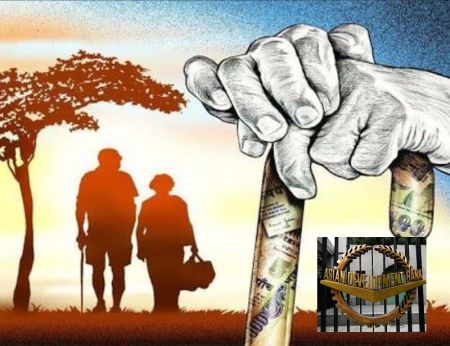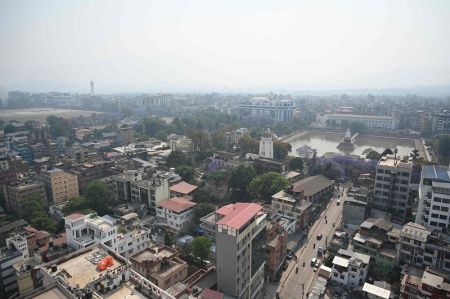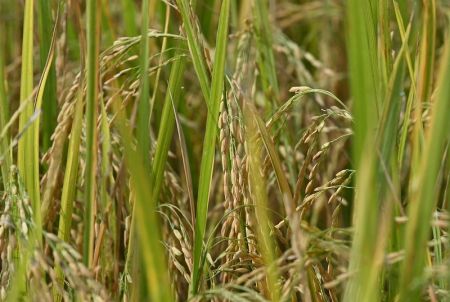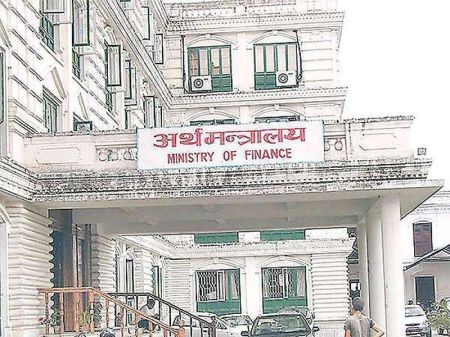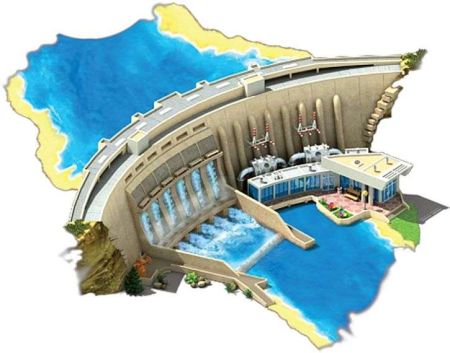Cannabis was banned in Nepal in 1976 during King Birendra’s rule when Nepal succumbed to US pressure and destroyed the livelihood of farmers in various parts of the country. A number of studies have concluded that the rise of the Maoist insurgency in the Mid-Western hilly districts like Rolpa, Rukum, and Pyuthan, which spread throughout the country gradually, was caused mainly by that ban and accentuated by the badly administered development assistance provided by the USA in return for the ban. Twenty-five years later, in 2001, King Birendra was assassinated, and a peace deal was signed with the Maoists in 2006. But no efforts were made to right the wrongs of the '70s despite repeated demands and suggestions from various quarters.
Various factors call for lifting the ban. Three of them are prominent. First, though the 1976 law prohibits only certain types of cannabis, the administration has been taking action against the cultivation and harvesting of other cannabis varieties that are not banned by law. Second, the ban has harmed the poorest sections of society. Almost all the people arrested or fined in such cases belong to the poor and marginalised communities. Third, a lot of money is being spent to import cannabis derivatives needed in the country for various purposes, mainly for medicinal use.
Finally, some positive signals are emerging that the government is relenting and rectifying the 47-year-old blunder. However, there is not much room for optimism. When the finance minister, presenting the federal budget for the current fiscal year 2023/24 some six months back, announced the plan to set up a committee to study the feasibility of regulated cultivation of cannabis, it sounded like a joke, and the minister himself chuckled from the podium. However, the government, in the first week of November, actually set up a study panel. But the optimism that the government will soon come up with a way to unleash the potential of cannabis to boost Nepal’s economic situation is still far-fetched. Had the government been serious about this, it could have announced the formation of the task force together with the budget announcement or by late July, i.e., soon after the current fiscal year started. Waiting six months just for the formation of the study panel is a clear indication that the government is dragging its feet on this.
Moreover, tasks entrusted to the panel are not related to the actual issues on this subject. The team has been asked to study the feasibility of using cannabis for medical and industrial purposes. There is no need to study these points afresh. A lot of study reports are already available, and they speak volumes corroborating the high feasibility of cannabis in both these purposes. Further, Nepal has a long history of proven records of the cultivation of cannabis for medicinal and industrial use.
The team comprises joint secretaries of different ministries, including law, agriculture, and industry, as well as from the police. However, it has not been asked to work on the actual issues on the topic – the formation of an administrative framework to regulate this sector. The government will need to form another task force for this purpose, which is not likely to happen before this study panel submits its report. That means cannabis legalisation will not happen at all this fiscal year.
Cannabis legalisation may not solve all the problems that the Nepali economy is going through. But it will certainly improve the situation, particularly by helping the poor.








